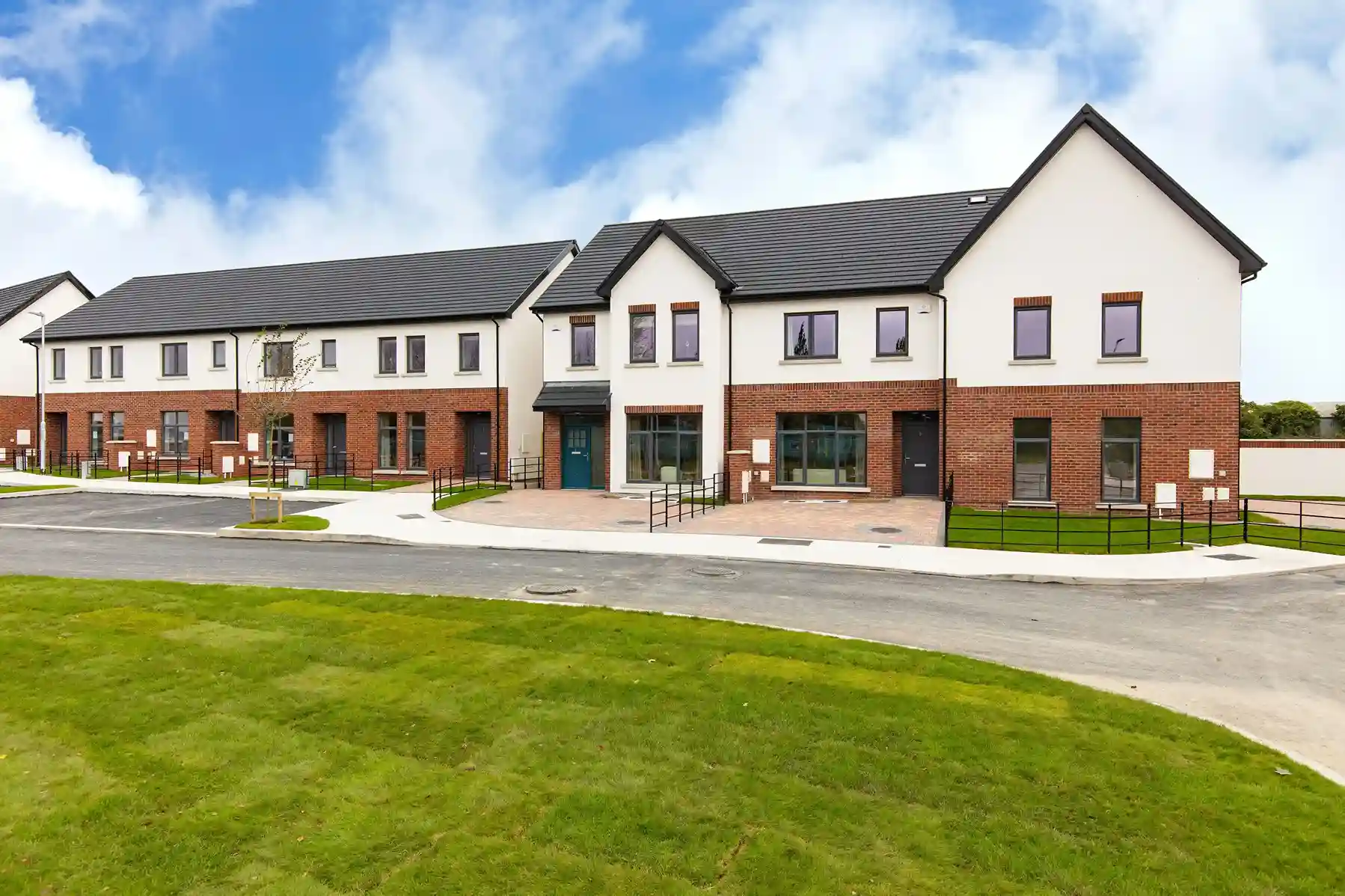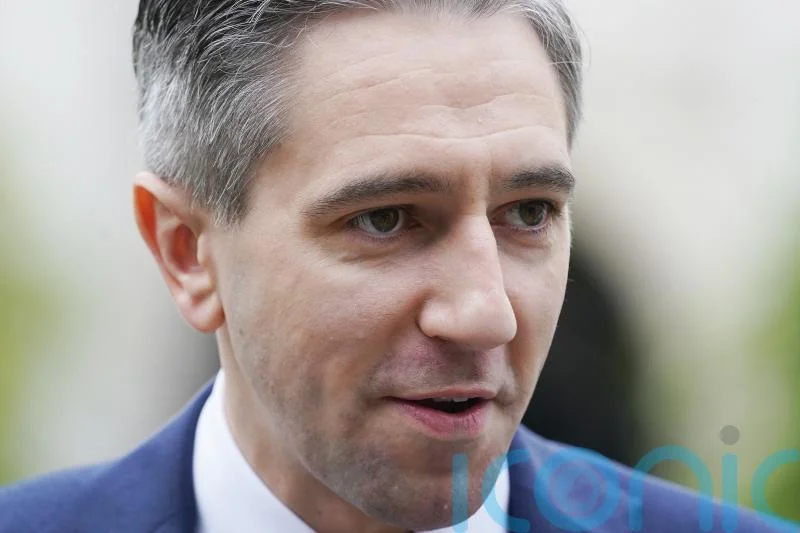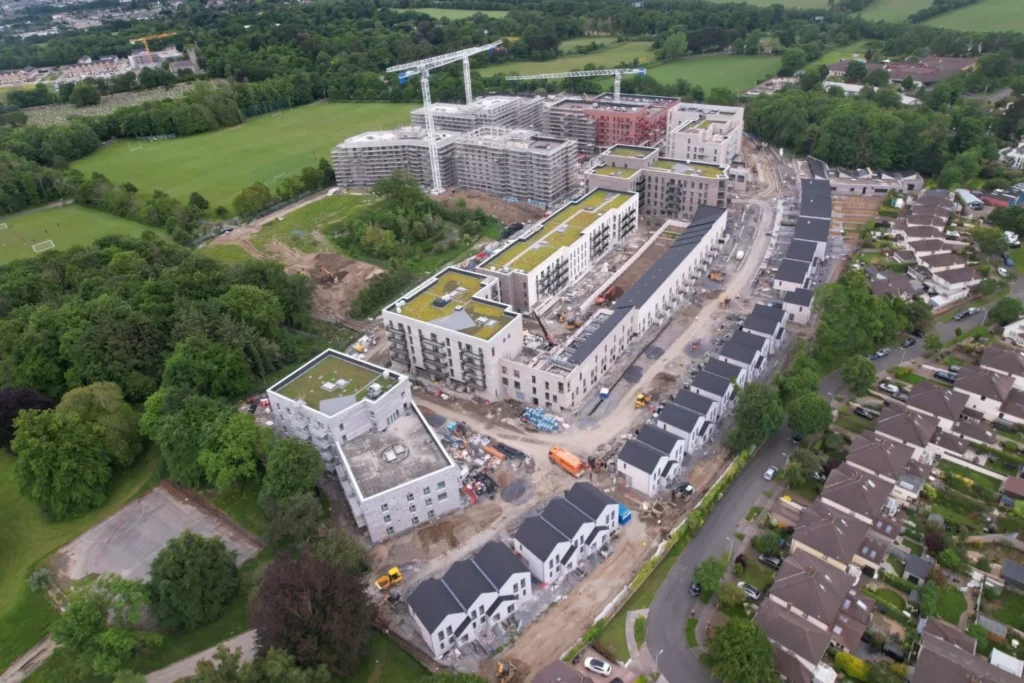Ryanair’s Dublin Housing takeover sparks anger

A decision by Ryanair to purchase nearly all the homes in a new estate near Dublin Airport has sparked outrage and local anger, with residents feeling muscled out by the airline giant. While highlighting the dire state of Dublin’s housing crisis, this move has left many questioning the ethics and implications of Ryanair’s Dublin Housing takeover.
(Also read Conor McGregor’s Road House Remake – All You Need to Know.)
The airline confirmed it has bought 25 out of 28 houses in the Fosterstown Place development in Swords, north of the capital, located just 3.5km from Dublin Airport, to provide affordable housing for its staff. The move comes amid a nationwide shortage of rental properties, making it particularly challenging for workers relocating from abroad.
Implications of Ryanair’s Dublin Housing takeover
Nonetheless, Swords locals have not taken well to this choice. Many, already struggling with the competitive housing market, feel frustrated and excluded by Ryanair’s bulk purchase. Councillors and community members argue that Ryanair’s Dublin Housing takeover deprives families and young couples of the opportunity to own homes in a desirable location.
Councilor Ann Graves of Sinn Féin voiced the concerns of many, stating, “It should not be allowed to happen,” declared Sinn Féin councillor Ann Graves, echoing the sentiments of many. These twenty-five more households are unable to purchase a home now than they could have.

Housing Minister Darragh O’Brien acknowledged the frustration of local residents but also pointed out that new planning laws, allowing councils to reserve up to 50% of developments for individual buyers, only apply to permissions granted after May 2021. He further noted that while Ryanair would pay a 10% stamp duty on the homes, the purchase represents a “small percentage” of the overall housing market in Swords.
Tánaiste Micheál Martin urged for a broader perspective, emphasising the protective measures introduced in the 2021 planning law changes. He also dismissed comparisons to vulture funds, claiming they were not “buying up homes across the country.” “The overall perspective of what’s happened since the law was changed cannot be ignored,” he said, urging a more comprehensive viewpoint.
Ryanair highlighted the difficulties in recruiting due to the housing scarcity as part of its justification. “In recent years, the absence of affordable rental accommodation has been a major impediment to recruiting and training new cabin crew members,” the airline said in a statement.
The company assured that the houses would be rented to its cabin crew at affordable rates during their first year of employment.
Despite Ryanair’s justification and the government’s attempts at appeasement, the local community remains upset and disappointed. The incident has reignited concerns about the unsustainable housing market and the increasing difficulty for ordinary citizens to secure homes, particularly in desirable locations close to major employers like Dublin Airport.
Social Democrats housing spokesperson Cian O’Callaghan used this instance to highlight the dysfunctionality of the housing system, stating that it unfairly disadvantages ordinary citizens against large corporations. He summed up the sentiment: “This purchase shows a housing system that is not functional. It is already hard enough for people to get on the property ladder, and now they must compete with global companies. What are schools, hospitals, and other essential services supposed to do?”
Angry reaction to Ryanair’s Dublin Housing takeover calls for collective community engagement and dialogue to shape transparent and equitable housing policies, fostering a future where the concerns and aspirations of residents are prioritised.
Ryanair’s decision is likely to have wider repercussions, raising questions about the ethical implications of companies buying up large swathes of housing and the potential impact on local communities. The Dublin saga is a stark reminder of the urgent need for practical solutions to the housing crisis, ensuring everyone, not just corporate giants, has access to secure and affordable homes.
As the controversy unfolds, it underscores the pressing need for collaborative efforts to develop sustainable solutions that benefit all stakeholders in the housing ecosystem.
LATEST NEWS
DISCOVER MORE






